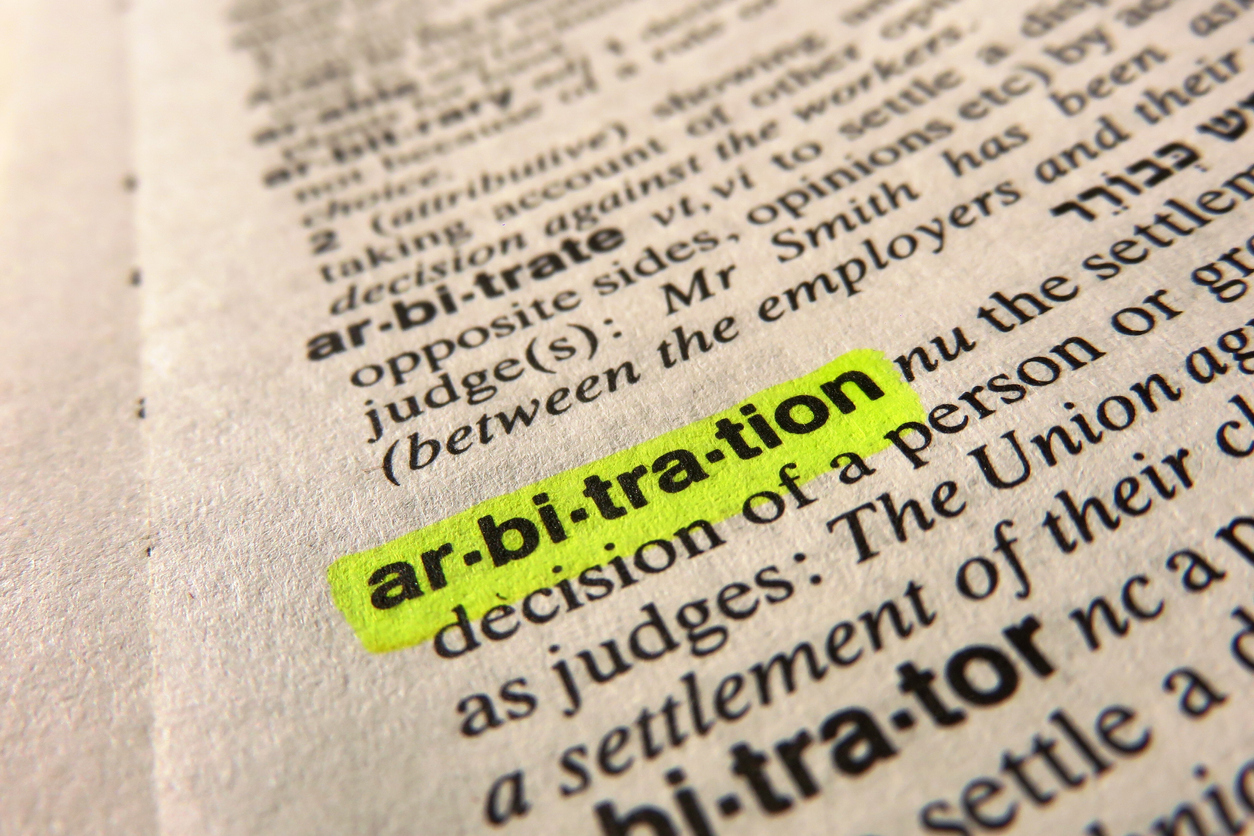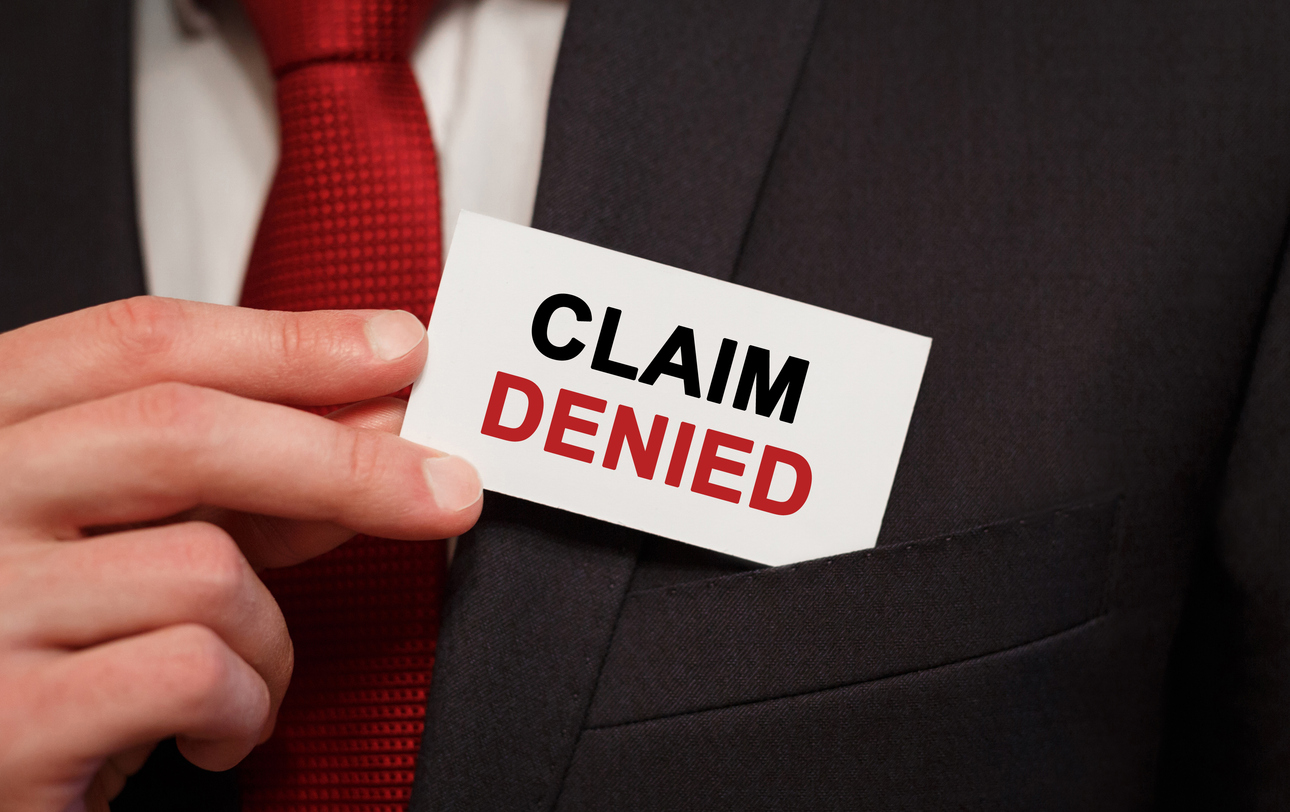September 10, 2018, marked the one-year anniversary of the landfall of Hurricane Irma in Florida. According to the National Oceanic and Atmospheric Administration, the estimate of the damage caused by Hurricane Irma is $50,000,000,000.1 Well over a year since its devastation across the state, Floridians remain resilient and committed to rebuild their lives.
Given that Hurricane Irma came on the heels of Hurricane Harvey, many insurance carriers struggled to get enough insurance adjusters out to the affected areas. They often relied on third-party administrators and used either untrained or improperly trained adjusters in claim investigations.
As of August 13, 2018, according to the Florida Office of Insurance Regulation, over 311,550 Hurricane Irma claims have been closed without payment and more than 82,449 claims remained open. In the course of representing policyholders in first-party property insurance claim disputes, they often ask about the insurance carriers’ claims handling time limits. Below are some important time frames insurance carriers must follow in Florida.
Acknowledgment of Communication within 14 Days
Florida requires that an insurance carrier upon receiving a communication regarding a claim, the insurance carrier must acknowledge receipt of such communication within fourteen calendar days.2 This requirement does not apply if the insurance carriers paid the claims within fourteen calendar days or if the failure to acknowledge the claims is caused by factors beyond the insurance carriers’ control.
Additionally, the insurance carriers must provide necessary claim forms, and instructions, including an appropriate telephone number.3 At this time, the policyholders should focus on preserving the evidence and gathering documentation regarding the claims, including, but not limited to, before and after photographs of the damaged property, receipts, proposals, estimates, etc. and promptly supplement their claims. Within ten days after the insurance carriers receive the proof of loss statements, they are required to begin the claim investigation.4
Claim Decision (if covered)
Within 90 days after the insurance carriers receive notice of an initial, reopened, or supplemental property insurance claim from a policyholder, the insurance carriers shall pay or deny such claim or a portion of the claim unless the failure to pay is caused by factors beyond the control of the insurance carriers which reasonably prevent such payment.5
Penalties for Non-Compliance
Whether insurance carriers must pay interest on claims after refusing or delaying payment of policy benefits was discussed by my colleague, Beaujeaux de Lapouyade, in her post, I Reported My Claim Eight Months Ago! Am I Entitled to Interest Upon Resolution.
In other words, Fla. Stat. Ann. § 627.70131(5)(a) assesses a penalty for failure to comply:
Any payment of an initial or supplemental claim or portion of such claim made 90 days after the insurer receives notice of the claim, or made more than 15 days after there are no longer factors beyond the control of the insurer which reasonably prevented such payment, whichever is later, bears interest at the rate set forth in [Fla. Stat. Ann. § 55.03]. Interest begins to accrue from the date the insurer receives notice of the claim. The provisions of this subsection may not be waived, voided, or nullified by the terms of the insurance policy. If there is a right to prejudgment interest, the insured shall select whether to receive prejudgment interest or interest under this subsection. Interest is payable when the claim or portion of the claim is paid. Failure to comply with this subsection constitutes a violation of this code. However, failure to comply with this subsection does not form the sole basis for a private cause of action.
Payment of Settlement
Where a policyholder and an insurance carrier have agreed in writing to amicably resolve a claim, the insurance carrier is required to tender payment in accordance with the terms of the agreement no later than 20 days after the settlement is reached.6 If the payment is not tendered within 20 days or such other date as the agreement may provide, it shall bear interest at a rate of 12 percent per year from the date of the agreement; however, if the tender of payment is conditioned upon the execution of a release, the interest shall not begin to accrue until the executed release is tendered to the insurance carrier.7
Thousands of Hurricane Irma victims relied on their insurance carriers to timely and promptly tender insurance benefits due and owing under their insurance policies to put them back into the position they were prior to the loss as quickly as possible. Unfortunately, to date, many insurance claims remain unsettled or unpaid as policyholders face unreasonable delays. Several insurance carriers, have placed the requirement upon their policyholders to provide information that would alter their decisions.
Additionally, policyholders face new challenges to comply with policy conditions invoked by insurance carriers well over a year since the date of loss and are forced to retain insurance professionals to conduct a comprehensive investigation of their Hurricane Irma damages due to insurance companies’ failure to do so. If you believe that your insurance carrier unjustly denied or low balled your claim, do not hesitate to challenge its decision.
_____________________________________
1 S.Res.652: A resolution remembering the 1-year anniversary of the landfall of Hurricane Irma in Florida.
2 Fla. Admin. Code Ann. r. 69O-166.024; Fla. Stat. § 627.70131.
3 Fla. Stat. § 627.70131(2).
4 Fla. Stat. § 627.70131(3).
5 Fla. Stat. § 627.70131(5)(a).
6 Fla. Stat. Ann. § 627.4265
7 Id.



